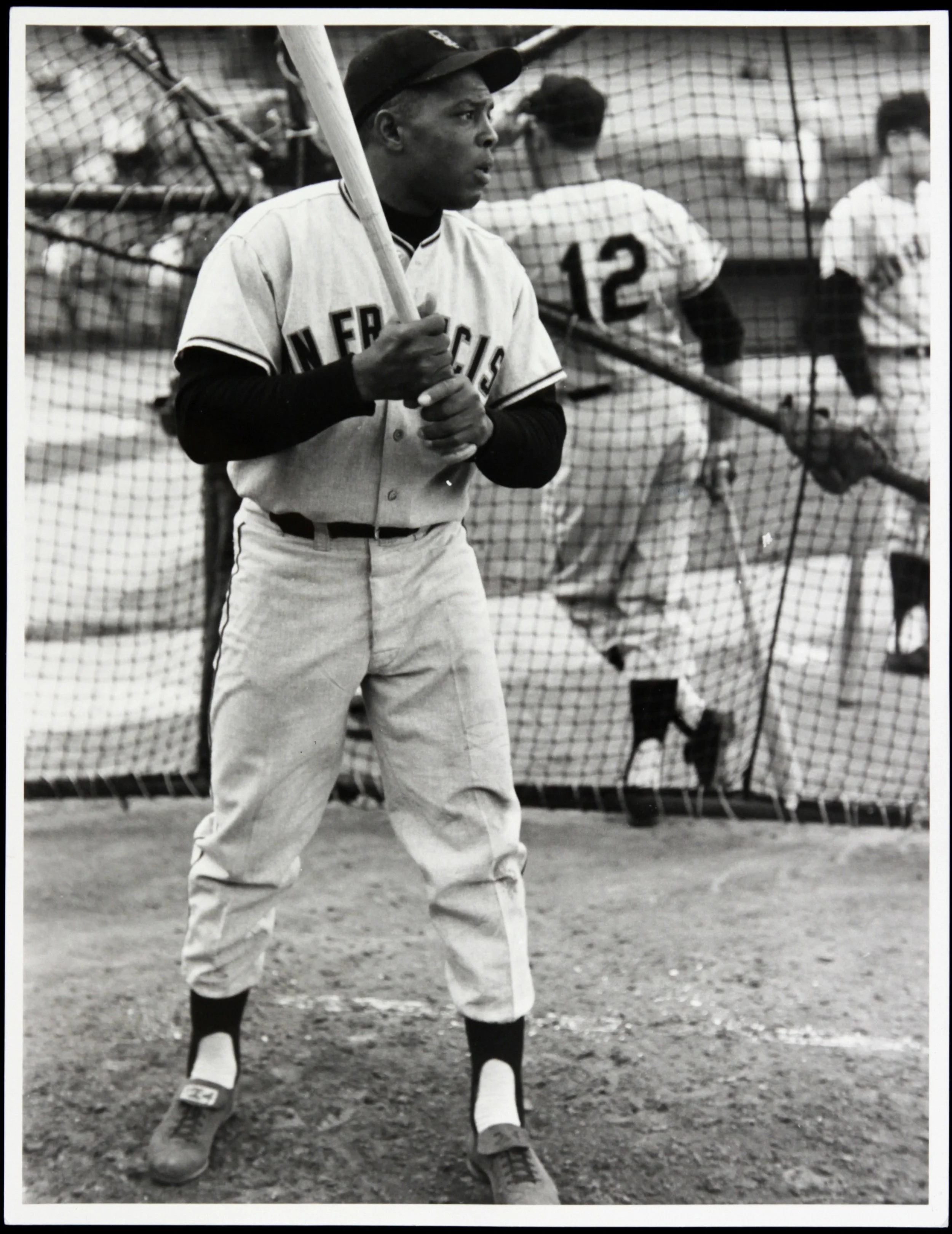Sports - the Most Communal Fandom
Sports fans, just like with any other fans, run the gamut. Some are low-key, some are super hard core. Some are friendly and some are the absolutely worst (I’m looking at you Eagles fans). But perhaps because sports are an inherently competitive endeavor, I think the community aspects of sports fandom can get overlooked sometimes.
Sports are actually the most community-focused fandom I have ever been a part of in my life. Far more so than anything like Harry Potter or Star Trek. Part of this is probably because sports are a part of life in America and many many other countries in the way that most other fandoms aren’t. The more accessible something is, the more people can and will participate in it. The high levels of opportunity and social support for a person to engage in sports fandom only increases the community around it.
Of course, sports fandom is broken up into a ton of little communities. Some people, including one of my friends, follow and love basically everything. Some people follow one specific sport. Most people I know follow a team for each of the sports they enjoy. And some people, like me, follow one team and basically nothing else. I enjoy other sports, and various friends have explained the finer points of everything from football to figure skating, but as a fan, I’m a one-team kind of girl. Sports fandom is more like a general classification, than something specific.
That said, the general class of sports fandom is still the most communal I’ve seen. Part of this I think is the nature of sports versus the nature of other classes of fandom. Watching a game at a stadium in person is a much more of a communal activity than seeing a movie in the theater. And if you can’t see game in person, sports bars exist so people can watch a given game with like-minded fans, which is to say, with the community. This is true even if it isn’t a local community. In 2010 I was watching the World Cup final between Spain and Germany in a sport bar in Boston. And there were German fans yelling “Deutschland!” while others yelled “Espana!” And everyone in the bar, including me, kinda took sides, despite being neither Spanish nor German. Community won. You can, of course, watch a game at home, but a lot of public spaces exist for people to engage in the communal side of sports fandom.
Sports communities often intersect with geographic ones. Last time I was in the Philadelphia area, their light-rail system, SEPTA, had “Go Phillies!” on the digital signs inside the trains. Many businesses – particularly bars – and homes displays signs for the local team during playoffs. Living in DC, I’ve seen countless signs in any and all businesses for the hockey team here, the Capitals, as they’ve progressed into the finals.
The geographic aspect reinforces the community side of sports fandom. I’m from the San Francisco Bay Area. And while I’m only a fan of the SF Giants, I do default root for the Bay Area team for literally every sport. I don’t care about basketball, but I do want the Golden State Warriors to win, because they are my de facto basketball team. My sense of geographic identity – being from the Bay Area – makes me a part, albeit an extremely negligible one, of a specific sports fan community.
Even competitive forms of being a sports fan, such as fantasy sports, are still communal activities. In order to play say, fantasy baseball, you need to get together with likeminded people and form a league. Or, you can join a league online. Either way, you can only participate in the competition but interacting with a number of other sports fans, aka by being part of a fan community. This is very different from something like fan fiction which at least has the potential for being a solitary activity.
For something our society declares “masculine” and competitive, sports fans are the most communally focused and driven kind of fandom I’ve seen. Even the straight forward competition aspects “us beating them” serves to reinforce the sense of an “us.” And what is an “us,” if not a community?





